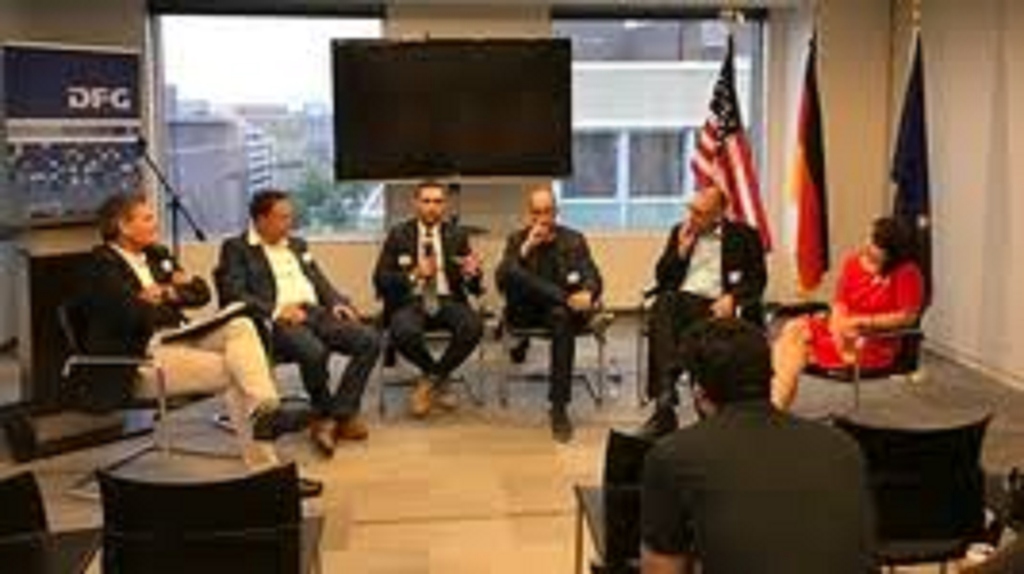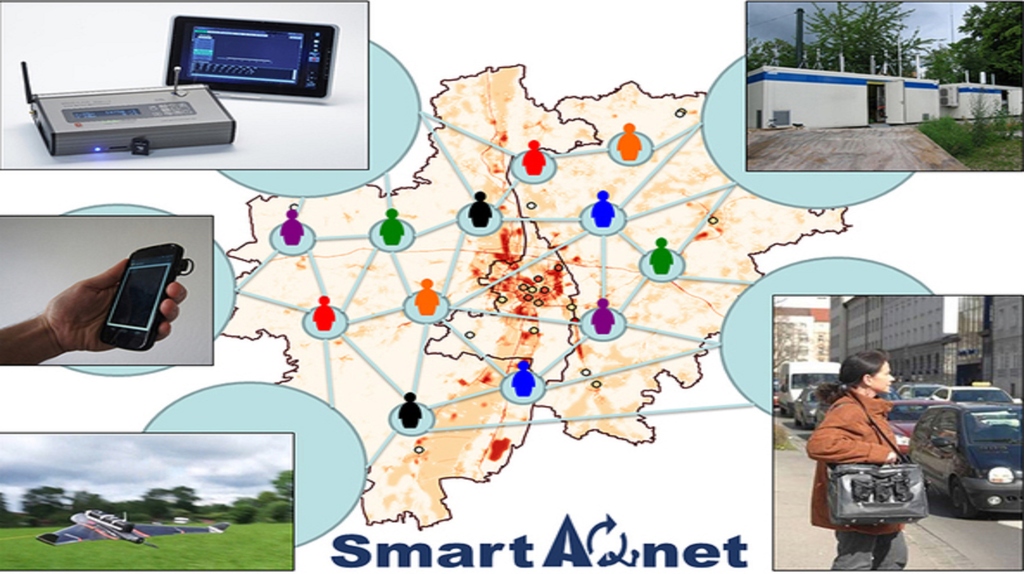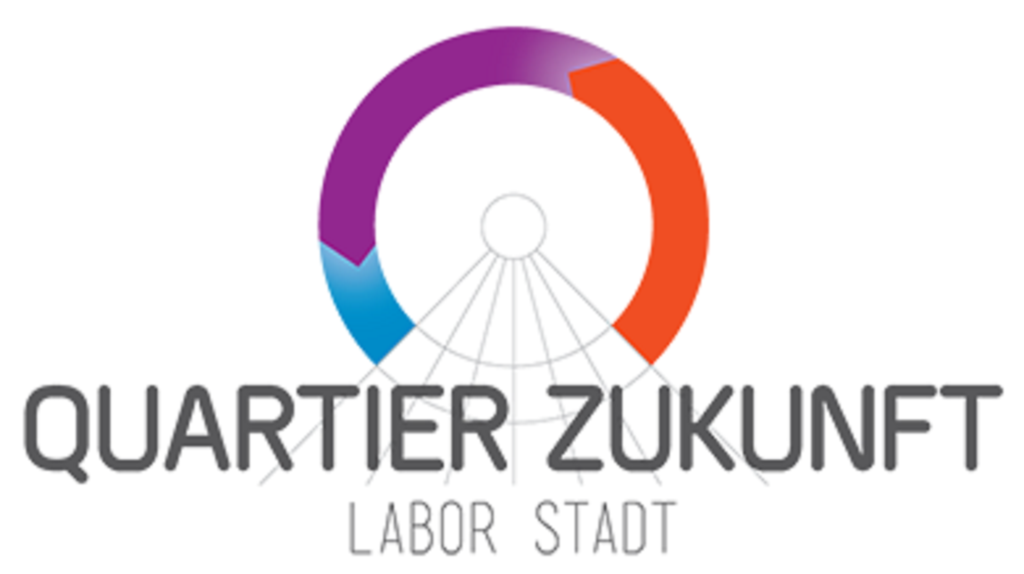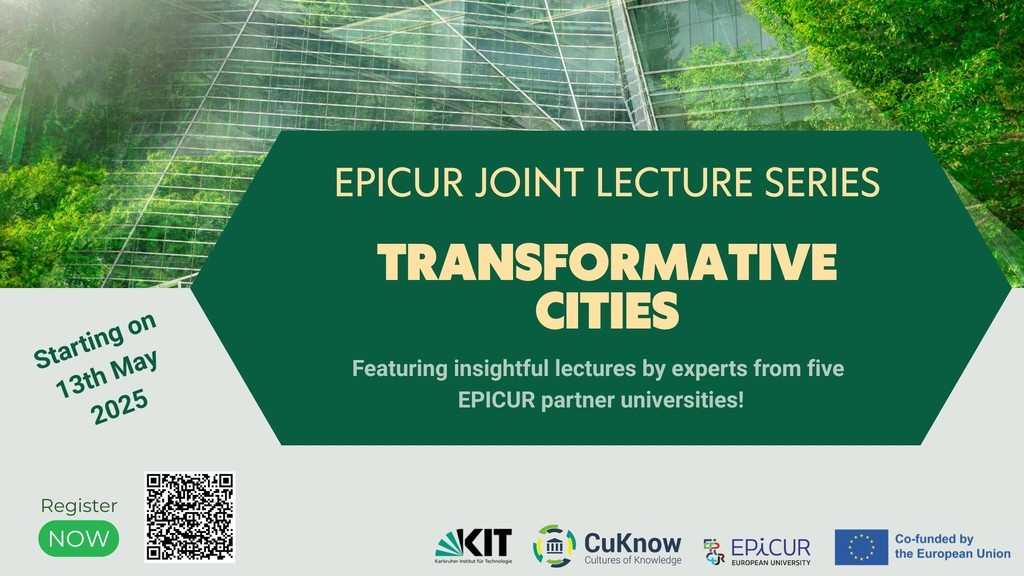
In cooperation with the European University Alliance EPICUR (European Partnership for an Innovative Campus Unifying Regions), the KIT-Graduate School Cultures of Knowledge is hosting the Transformative Cities lecture series that brings together leading scholars from EPICUR partner universities to explore critical urban challenges and innovative responses shaping the future of cities. With an interdisciplinary lens, this series examines the intersections of climate change, urban planning, sustainable development, socio-ecological justice, and post-neoliberal economic models.
The lecture series will take place at KIT in a hybrid format, with participants from partner universities able to participate online. Zoom link will be provided after registration.
The series is starting with the lecture on Doing Transformative Urban Research.
Lecturer: Prof. Michael Janoschka (Karlsruhe Institute of Technology)
Date: 13th May 2025
Time: 11:30 – 13:00
Venue: TRIANGEL, Werkstatt
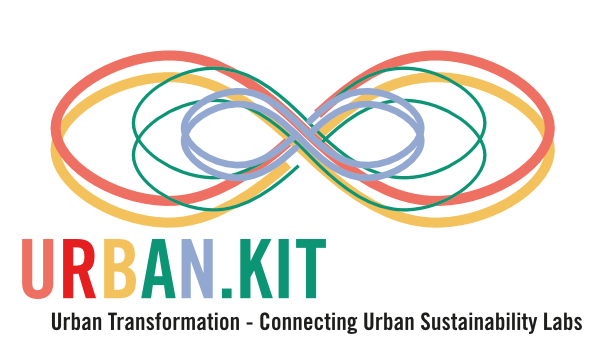
One focus of the Urban Transformation Conference 2025 in terms of content and time will be on dialogical workshops for the exchange between the labs. Rather than showcasing individual labs, the focus is on sharing approaches, methods, successes, and failures to foster mutual learning. Conference Organizers will structure the workshops around specific thematic questions regarding urban sustainability transformation, which we will synthesize from your submissions and applications and incorporate into the workshops.
Conference Dates: 15.10.2025-17.10.2025
more
The Urban Transformation Conference 2025 aims to connect Urban Sustainability Labs worldwide. As a "learning conference" it emphasizes dialogue and collaboration between academia, practitioners, civil society and citizens to address pressing urban challenges. Real-world laboratories and transdisciplinary approaches will support transformative urban planning, inspire innovation, and foster learning toward more sustainable, livable, and resilient cities worldwide.
The conference will take place in Karlsruhe from 15th - 17th October 2025.
more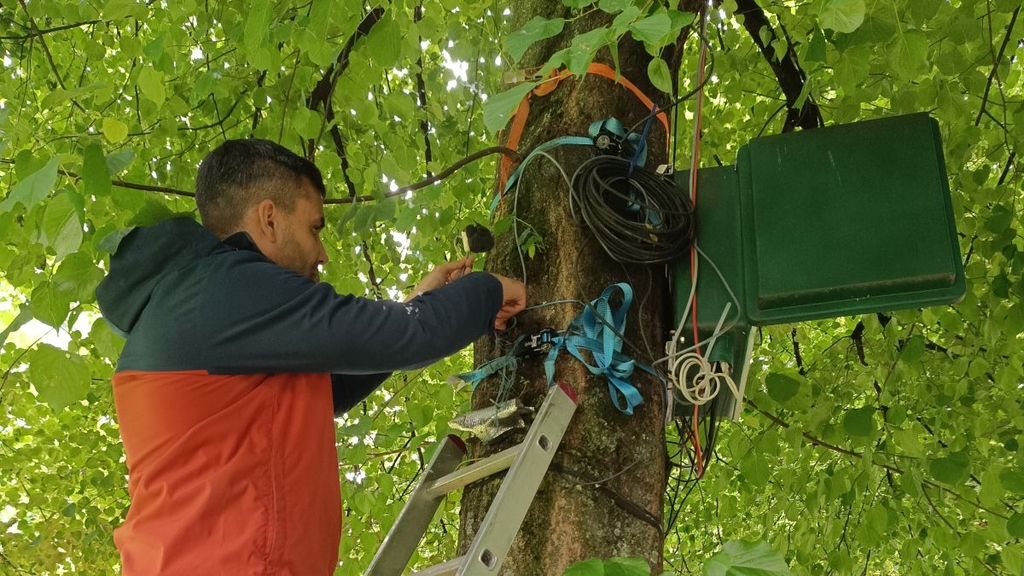
Urban vegetation lowers the temperature in cities, regulates the water balance and improves people's quality of life. This is especially true for urban trees, which are particularly affected by climate change. In order to preserve them, researchers from the Karlsruhe Institute of Technology (KIT) and the University of Freiburg (UFR) want to monitor the health of the vegetation in the ZUKAMAS project (“Future-oriented climate change management for urban green spaces”) and evaluate the effect of therapeutic approaches.
more (Website in German)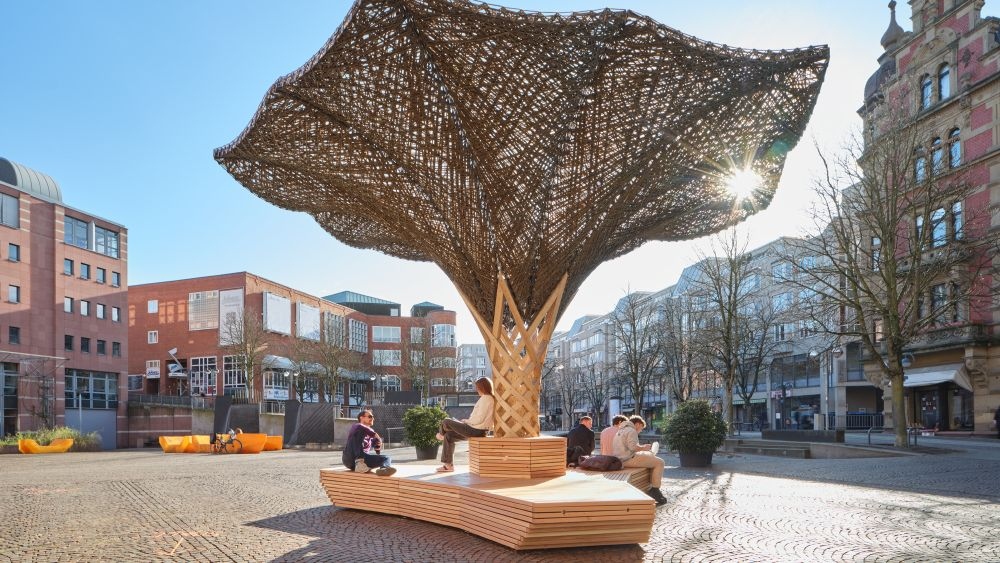
Public squares in cities often lack seating and shade. Especially when temperatures are high in summer, it is difficult to endure them. In order to improve the quality of life in such places, researchers at the Karlsruhe Institute of Technology (KIT) have developed the “komorebi” in consultation with the city of Karlsruhe - a mobile seat that filters the incoming sunlight and provides shade.
more (Website in German)/2023_006_unicar_autonome_elektrische_fah_rdax_1024x576_98s.jpg)
How can we find solutions for the mobility of tomorrow? What is the relationship between transport science and transport policy? How do technological innovations in mobility affect our society? Researchers from the KIT Mobility Systems Center will present their current research on the mobility of the future at the Karlsruhe Institute of Technology (KIT) on Monday, 3 February 2025, at 6:30 p.m. in Karlsruhe City Hall. In their talks, they will highlight various aspects of the mobility-related challenges of the mobility transition and present innovative solutions.
more/2023_007_Eucor-MobiLab%20Roadshow%202023%20sta_rdax_1024x576_98s.jpg)
Spitzenforschung zum Thema Nachhaltigkeit der Bevölkerung in einem Vor-Ort-Dialog näherbringen – dies ist das Konzept der „Eucor-MobiLab Roadshow 2023“. Von Juni bis Oktober 2023 macht das am Karlsruher Institut für Technologie (KIT) entwickelte MobiLab Station in Freiburg, Basel, Kehl, Straßburg, Karlsruhe und Mulhouse. Partner der grenzüberschreitenden, in Sachen Wissenstransfer und Wissenskommunikation neuartigen Initiative sind die Mitgliedsuniversitäten des trinationalen Eucor-Verbunds KIT, Freiburg, Basel, Strasbourg und Haute-Alsace. Die Roadshow startete am 26. Juni 2023 in Freiburg. Interessierte Bürgerinnen und Bürger erwartete ein von der Universität Freiburg und dem KIT organisiertes Programm mit einer partizipative Kartierung und Befragung zum Thema urbane Hitze, das Dialogforum „Intelligence for Cities“ zur KI-basierten Anpassung von Städten an den Klimawandel, aber auch ganz praktische Tipps zur Einrichtung und Bedienung eines Photovoltaik-Balkonmoduls.
mehr/2023_006_unicar_autonome_elektrische_fah_rdax_1024x576_98s.jpg)
Um die drängenden Probleme des Autoverkehrs wie hohen CO2-Ausstoß, Staus und Überfüllung der Innenstädte zu lösen, sind neue Fahrzeugkonzepte nötig. Aktuelle Modelle umzubauen oder technisch zu erweitern, reicht nicht. Deshalb haben Forschende in einem deutschlandweiten Großprojekt mit Beteiligung des Karlsruher Instituts für Technologie (KIT) Fahrzeuge von Grund auf neu entwickelt. Das Ergebnis sind revolutionäre elektrische und fahrerlose Prototypen für den individuellen und öffentlichen Verkehr sowie den Gütertransport. Eine am Institut für Fördertechnik und Logistiksysteme (IFL) des KIT entwickelte Variante des Fahrzeugs kann ausgestattet mit einem Roboterarm selbständig Pakete ausliefern. „Das System fährt am Straßenrand aufgestellte Paketboxen an und holt oder übergibt Pakete mit seinem Roboterarm“, erklärt Kai Markert vom IFL. „Durch ein ausgeklügeltes System von Kameras werden die Pakete vermessen, identifiziert und sicher gegriffen.“
mehr/2023_005_roofKIT-Gebaeude_rdax_1024x576_98s.jpg)
Wie die urbane Energiewende mithilfe von nachhaltigen Baukonzepten forciert werden kann, demonstriert das Projekt RoofKIT. Unter der Leitung von Andreas Wagner und Dirk Hebel von der KIT-Fakultät für Architektur erarbeiteten über 100 Studierende Lösungen für eine nachhaltigere und sozialere Version des zukünftigen Wohnens. Nachdem das RoofKIT-Demonstrationsgebäude mit dem Solar Decathlon 2021/22 den größten Bauwettbewerb für Universitäten weltweit gewann, wurde es auf dem Campus Süd des Karlsruher Instituts für Technologie (KIT) aufgebaut und am 26. April 2023 eröffnet. Der baden-württembergische Minister für Ernährung, Ländlichen Raum und Verbraucherschutz, Peter Hauk, besuchte die Eröffnungsfeier und informierte sich über weitere Forschungsarbeiten zu nachhaltigen Baustoffen am KIT.
mehr/2023_04_Thermostat_rdax_1024x576_98s.jpg)
Krieg in der Ukraine, hohe Preise und eine eskalierende Klimakrise: In der gerade auslaufenden Heizperiode haben viele Menschen in Deutschland versucht, den Verbrauch von Wärmeenergie stark zu reduzieren. Forschende des Karlsruher Instituts für Technologie (KIT) haben die Gelegenheit genutzt, um in einem Feldversuch die Wirksamkeit von smarten Thermostaten für Heizkörper zu untersuchen. „Durch den Einsatz von smarten Heizkörperthermostaten konnten innerhalb von drei Monaten in der aktuellen Heizperiode rund 15,5 Prozent des Wärmeverbrauchs eingespart werden“, stellt Kunibert Lennerts vom Institut für Technologie und Management im Baubetrieb (TMB) des KIT fest, der die Studie gemeinsam mit Tobias Kropp (TMB) durchgeführt hat. Für die Studie wurde ein Teil der Wohnungen durch den Industriepartner noventic group mit smarten Thermostaten ausgestattet.
mehr/2023_003_Bau-%20und%20Wohntrends%20im%20Zeichen%20_rdax_1024x576_98s.jpg)
Architektur und Ressourcenverbrauch – selten war dieses Verhältnis wichtiger als jetzt. Der Schwenk von einer Mentalität des „everything goes“ zu einem deutlich bewussteren Umgang mit Bauland und Baumaterialien prägt den aktuellen Diskurs in Forschung und Praxis. In der Wissenswoche „Architektur & Bautechnologie“ macht das Karlsruher Institut für Technologie (KIT) diesen Trend der interessierten Öffentlichkeit zugänglich. Vom 18. bis 22. April 2023 laden Vorträge, Diskussionsrunden, Exkursionen und Workshops sowie eine Ausstellung dazu ein, nachhaltiges Bauen zu entdecken.
mehr/2023_002_Automatisiertes%20Fahren%20in%20Kolon_rdax_1024x576_98s.jpg)
Automatisiertes Fahren halten Expertinnen und Experten im öffentlichen Nahverkehr für besonders sinnvoll – ökologisch wie ökonomisch. Der vielerorts beklagte Mangel an Fahrerinnen und Fahrern verstärkt diesen Trend noch zusätzlich. Forschende des Karlsruher Instituts für Technologie (KIT) entwickeln deshalb gemeinsam mit den Stadtwerken München und dem Fahrzeughersteller EBUSCO elektrische Busse, die automatisiert einem Lead-Fahrzeug folgen für den Linienverkehr in der Isar-Metropole. Erste Prototypen dieses „Platooning“ genannten Konzepts fahren bereits.
mehr/2023_001_Top100FatalEQ_new_rdax_1024x576_98.png)
The Center for Disaster Management and Risk Reduction Technology (CEDIM) at KIT and Risklayer GmbH presented an early damage report on 8 February 2023, two days after the severe earthquake. According to Dr Andreas Schäfer from the Geophysical Institute (GPI) at KIT, it was to be expected that "these earthquakes will probably be among the 20 deadliest earthquakes worldwide since 1900". The total damage to buildings and infrastructure was estimated at over 10 billion US dollars. Analyses of the weather data revealed a local situation made more challenging by the cold.
more/2022_007_ntv_rdax_1024x572_98s.jpg)
Dr.-Ing. Christof Gromke (Institute for Hydromechanics), Dr. Somidh Saha (Institute for Technology Assessment and Systems Analysis) and Dr. Denise Böhnke (Division 4 - Natural and Built Environment) answered questions about urban research in the ntv documentary "Städtebau heute - Bienenwiese oder Betonwüste" (Urban Development Today - Bee Meadow or Concrete Desert): from experiments in the flow lab on the effect of street trees on air exchange, to insights on urban trees from the Green Lungs project, to the challenges of keeping our cities livable despite climate change. The program aired on Oct 28, 2022.
/2022_004_Audimax2_rdax_1024x567_98s.jpg)
In its October issue "Big City Jobs", Audimax-Ing, the career magazine for engineers, reports on topics related to urban research. In the report "Big City Heroes", KIT engineers Prof. Philipp Dietsch and Prof. Jochen Kolb as well as KIT architect Dr. Peter Zeile provide insights for future engineers into work and research fields in the urban context.
magazine (german only)/2022_003_Bauwerk-Farbe_rdax_1024x576_98s.jpg)
Advancing sustainable construction with wood in an urban context was one goal of this study "Colored Wooden Facades in an Urban Context" prepared at the KIT Chair of Design and Building Construction and financed by the Munich-based project developer bauwerk. Color can facilitate the acceptance and contextual insertion of wooden buildings in established urban neighborhoods - this is the thesis that was implemented and explored in a building project in Munich.
project/2022_002_RoofKIT%20wins_rdax_1024x576_98s.jpg)
At the world's largest university competition for sustainable construction and living in the city, the KIT team was able to convince the jury with its energy- and resource-efficient extension of an existing building. The RoofKIT project (https://roofkit.de/en/) of the inter- and transdisciplinary team of the KIT Faculty of Architecture won the Solar Decathlon Europe 21/22 with their wood-based, modular solution - congratulations!
more/2022_001_RoofKIT_paintnet_rdax_1024x576_98s.jpg)
A team of students, scientists and practitioners around Prof. Dirk Hebel and Prof. Andreas Wagner of the KIT Faculty of Architecture dared a fundamental change of perspective and rethink the building of tomorrow. How cities in the future will be able to create living space in existing buildings in a cycle-friendly, energy- and CO2-saving way was elaborated and practically implemented in timber construction by the team for the international university competition Solar Decathlon Europe 21/22.
see more/2022_005_Geothermie_paintnet_rdax_1024x576_98s.jpg)
Making practical use of urban heat islands through near-surface geothermal energy to provide heating in winter and cooling in summer while conserving resources and the (urban) climate - that is Dr. Susanne Benz's vision. Within the framework of a 6-year research project, funded by a Freigeist Fellowship of the Volkswagen Foundation, this forward-looking idea will be advanced in the coming years.
more (German only)/2022_006-RABus_paintnet_rdax_1024x576_98s.jpg)
With the MOIA accompanying research in Hamburg, KIT-IFV researchers investigated the potential of ridepooling. This on-demand service effectively supports the traffic turnaround in Germany. This also interested Winfried Hermann, Minister of Transport of Baden-Württemberg at the DACH Congress of the DVWG in Friedrichshafen, where the shuttle to the RABus project was presented. Traffic simulations show that ridepooling can support the traffic turnaround, but that the greatest potential only unfolds with the expansion of public transport services and regulations for motorized private transport (MIV).
project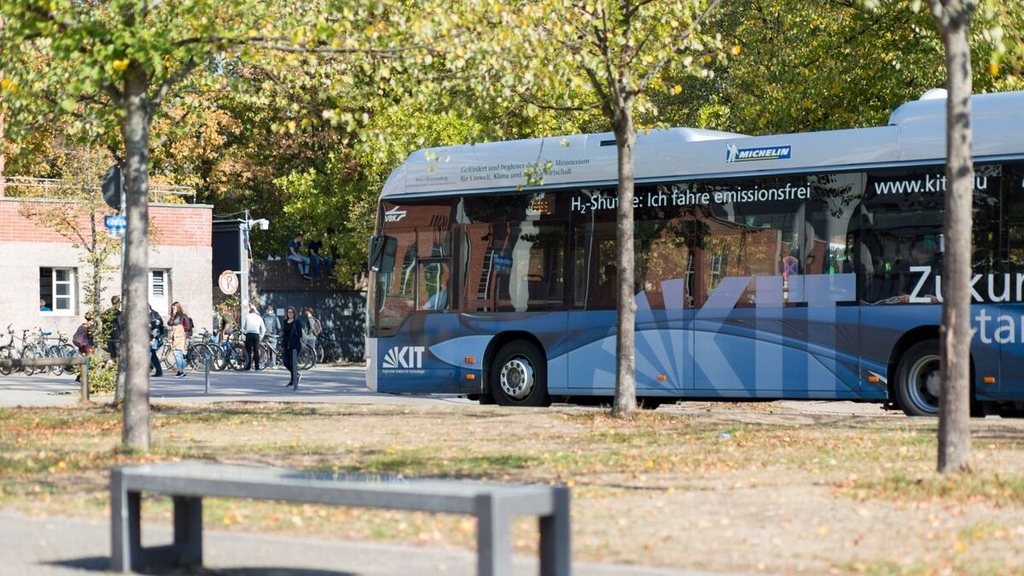
Karlsruhe universities want to implement concrete measures, develop joint projects and intensify scientific exchange
more (in German only)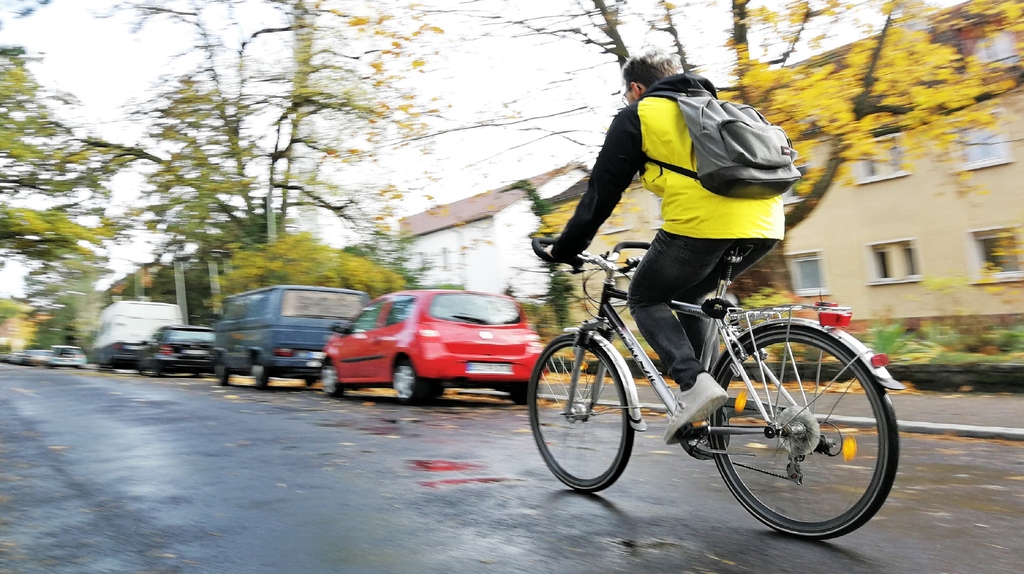
This contribution in the Journal World demonstrates how more human-centered measurements for sustainable urban planning can be created by enlarging the traditional set of quantitative sustainability indicators. The authors C. Kramer and M. Wagner argue for taking people’s perception and the spatiality and temporality of their daily activities better into account when further developing urban sustainability indicators and when aiming for a sustainable, human-centered urban development
more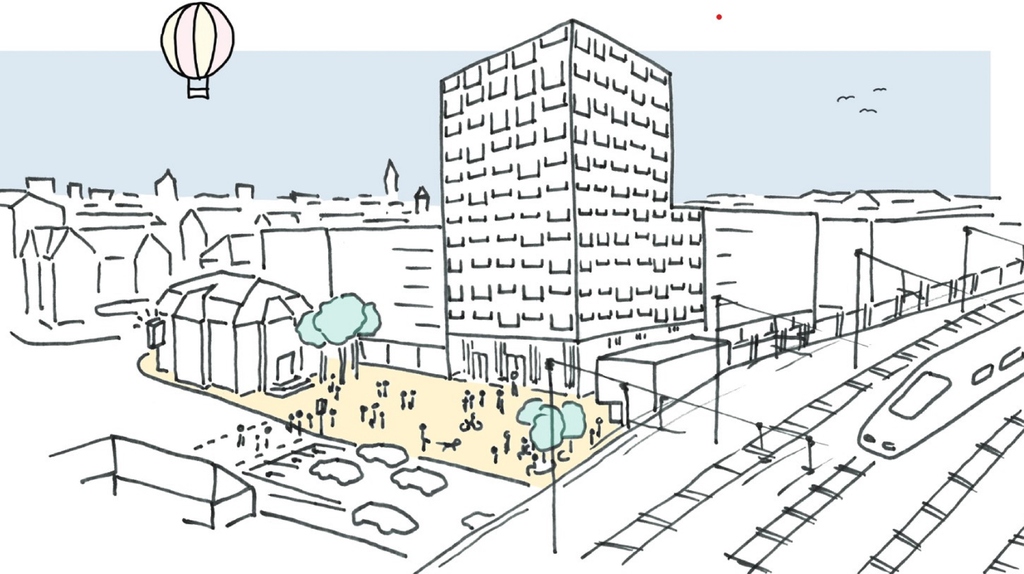
Project report by Markus Kaltenbach on the spatial relevance of work-related secondary residences - recommendations for the transformation of the former post office area in Karlsruhe.
more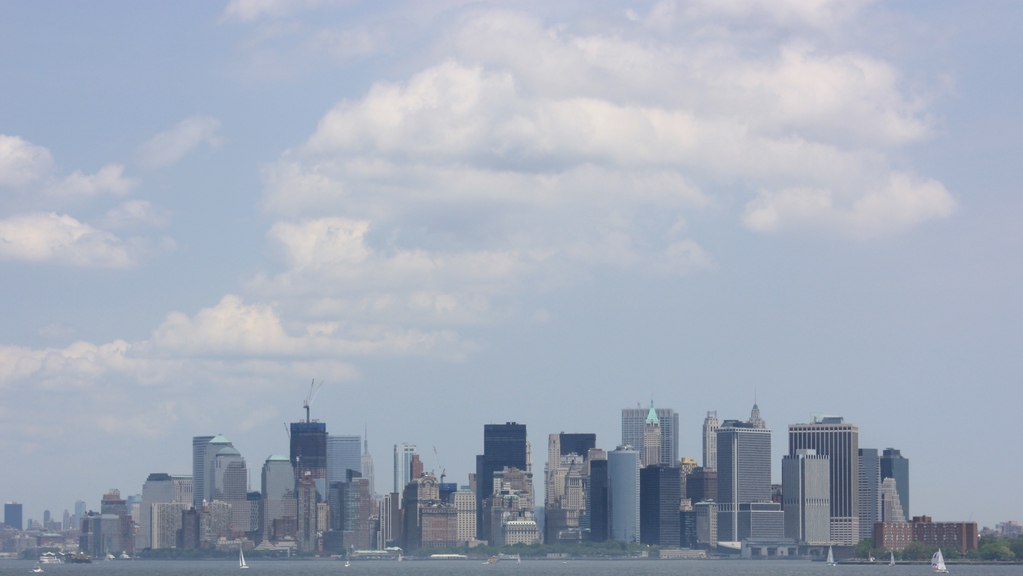
This new paper by Joachim Fallmann and Stefan Emeis intends to provide a review of existing literature from a meteorological perspective in order to answer the question how results from urban climate studies can be linked to architectural design of future urban areas. Results from state of the art research are evaluated and critically addressed, hence providing a catalogue for urban planners and stakeholders which should serve as basis for a re-evaluation of the term ‘smart city’.
Paper in Development in the Built Environment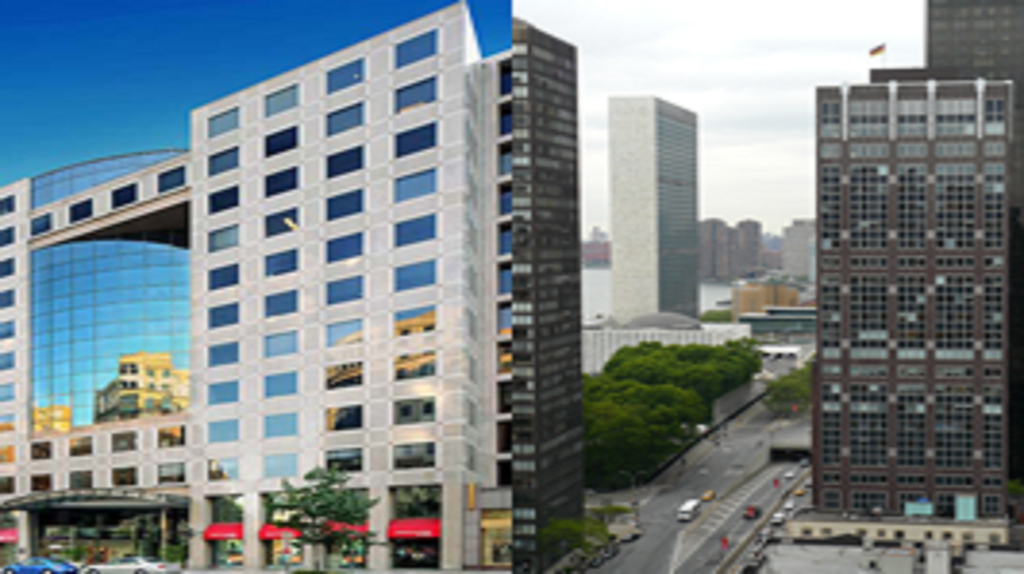
Experts discussed "smart cities" at an event at the DFG North America office. KIT-Scientist Dr. Sadeeb Simon Ottenburger presents research on resilience of smart grids and blackout in cities.
more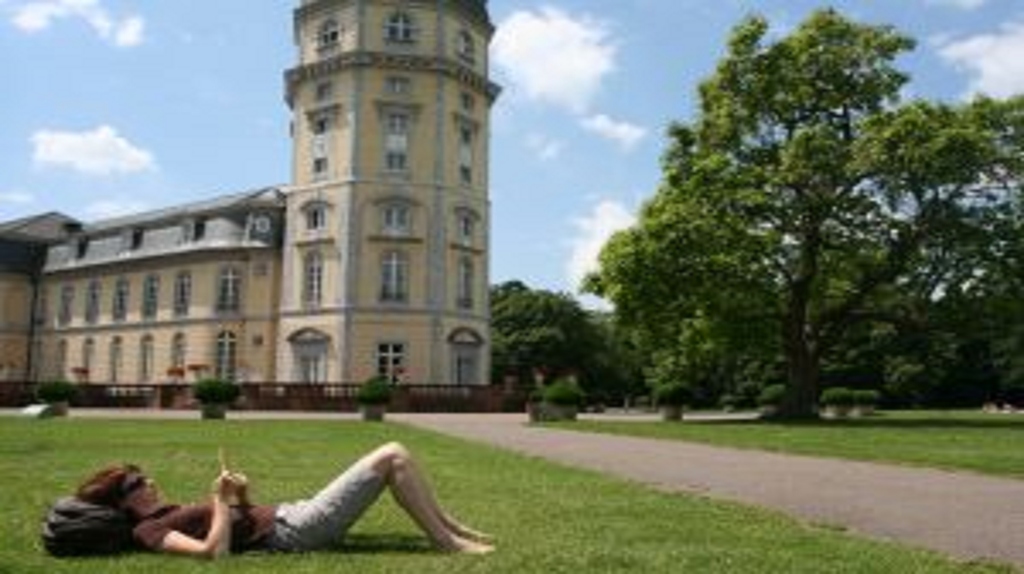
Interdisciplinary study identifies neural correlates - potential as protective factor for psychiatric morbidity – publication in Nature Neuroscience, link
more (in German only)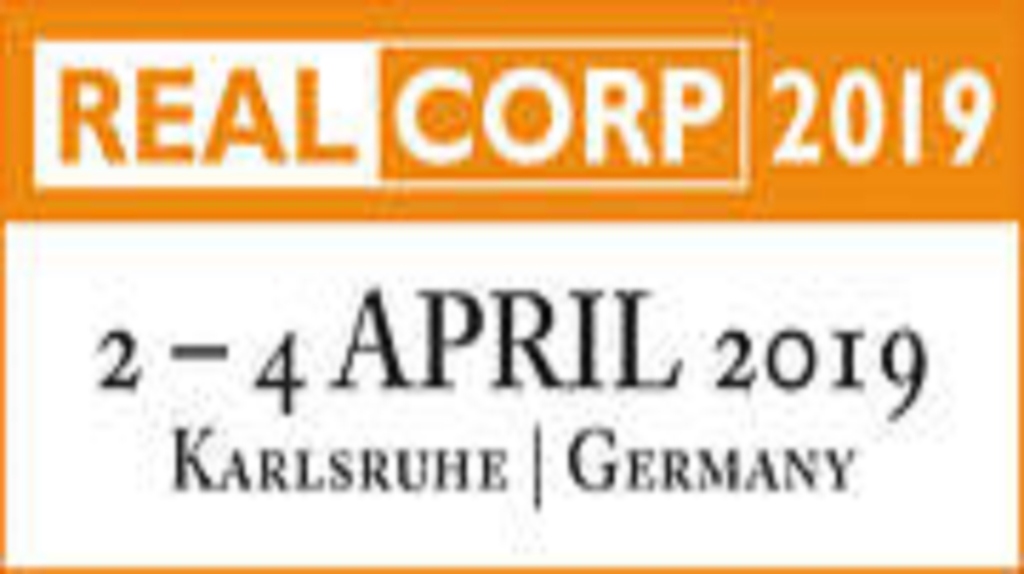
2 - 4.April 2019
Karlsruhe, Germany
Is this the real world?
Perfect Smart Cities vs. Real Emotional Cities
24th International Conference on Urban Planning
and Regional Development in the Information Society
GeoMultimedia 2019
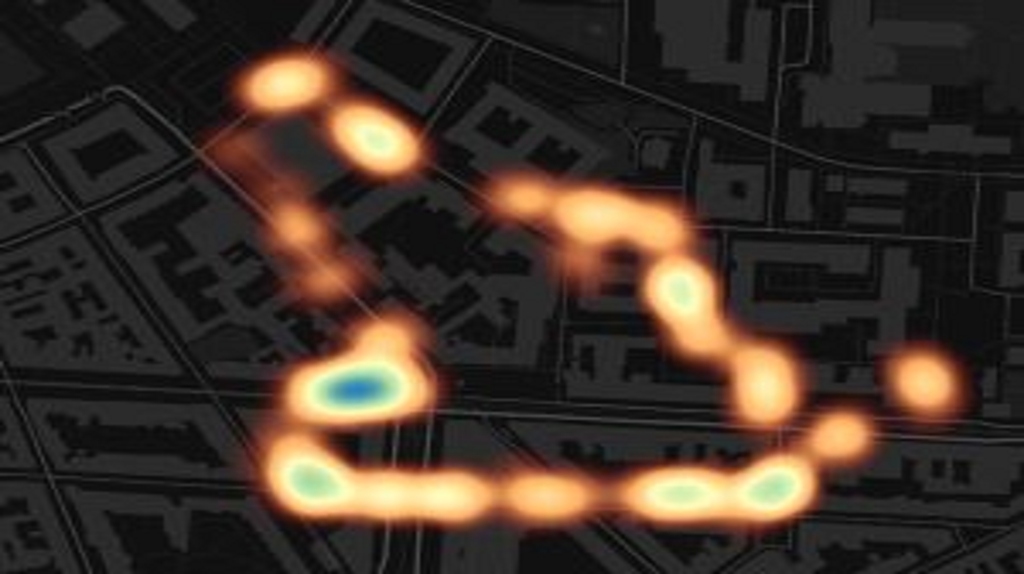
Project Urban Emotions makes stress perception of pedestrians and cyclists measurable / Linking body reaction and position data provides information on spatial perception
more
Researchers from Karlsruhe and Ottawa lead an international research project on the relationship between user behaviour and the energy performance of buildings
more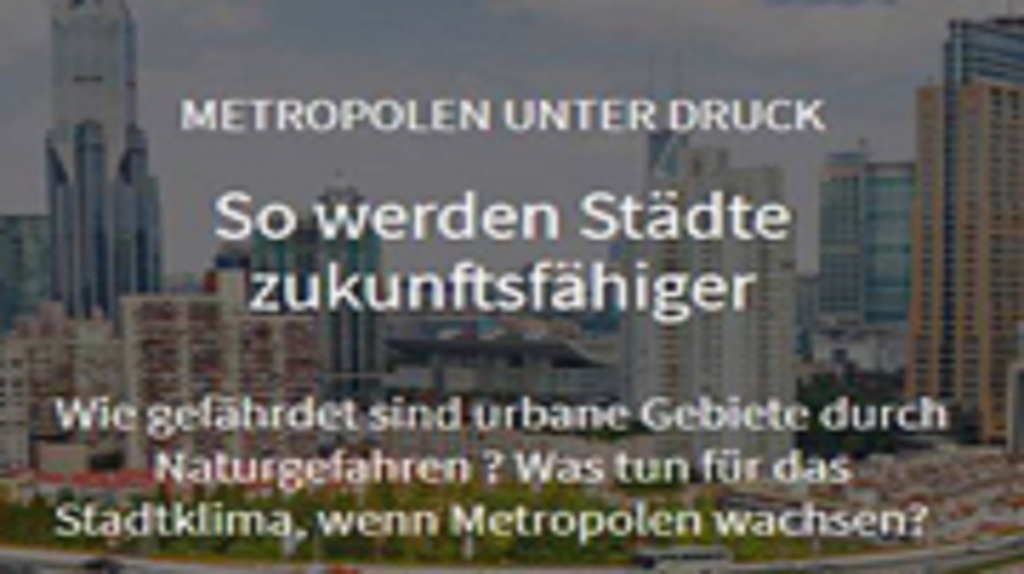
Online dossier on the development of megacities, urban climate & quality of life, ressources, and natural hazards (in German).
more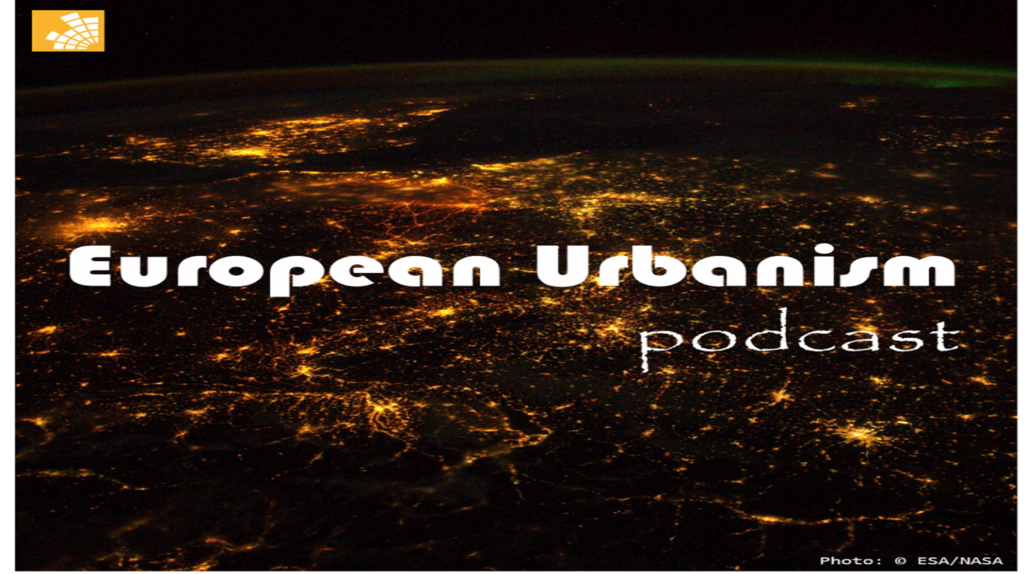
Every first Friday in the month, 7 pm. In the first podcast the Environment Mayor of Karlsruhe Stapf und Ms Dederer (urban planning authority) talk on urban green, participation, and climate change adaptation.
to the podcast (in German)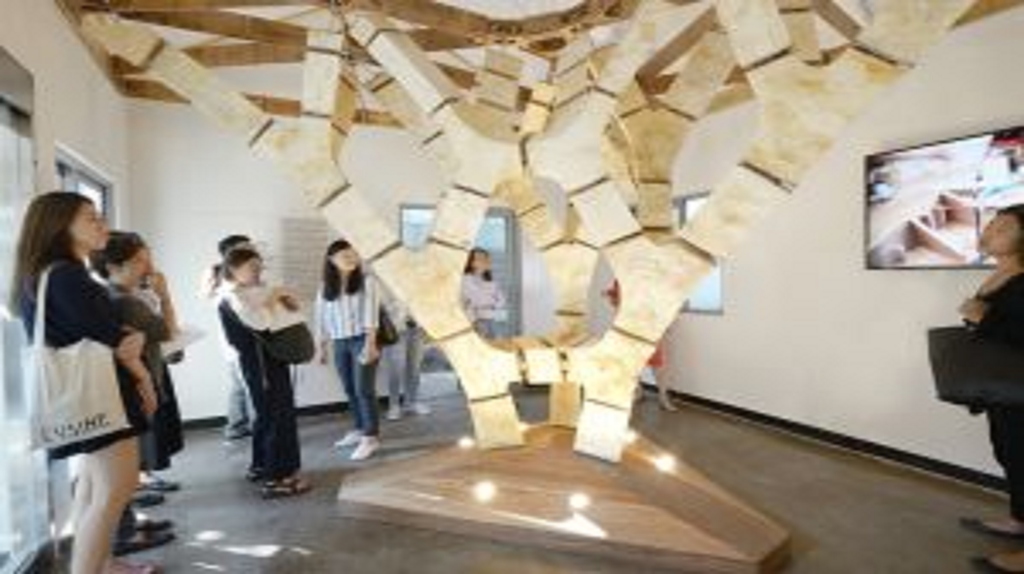
KIT researchers present self-supporting structure made from fungal mycelium and bamboo in the exhibition „Beyond Mining – Urban Growth“ at the Seoul Biennale of Architecture and Urbanism.
more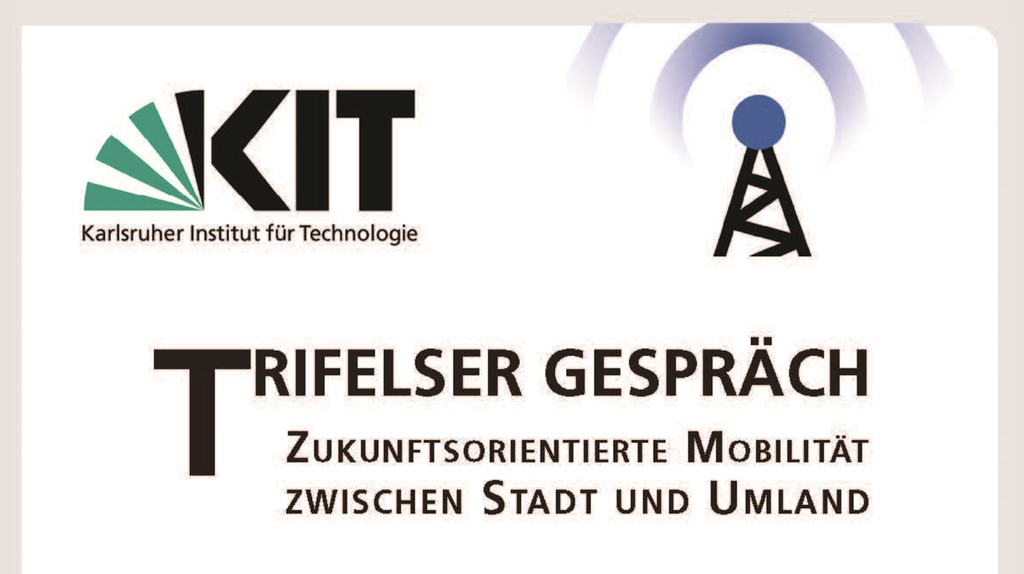
Thursday, 20.07.2017, 20:00 at the Kurhaus Trifels, Annweiler
more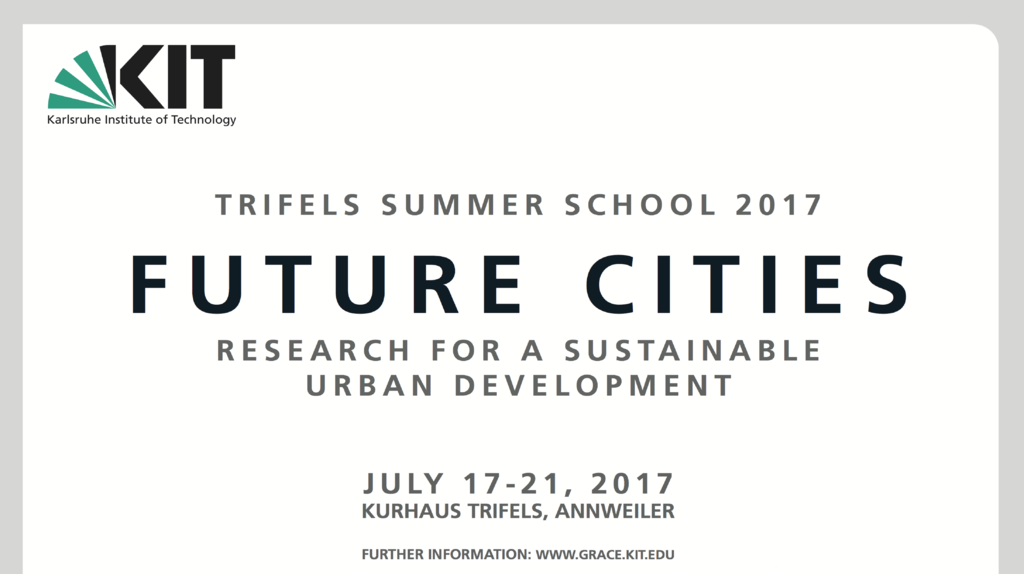
organized by the KIT Graduate School for Climate and Environment (GRACE) and KIT’s Urban Research Team
more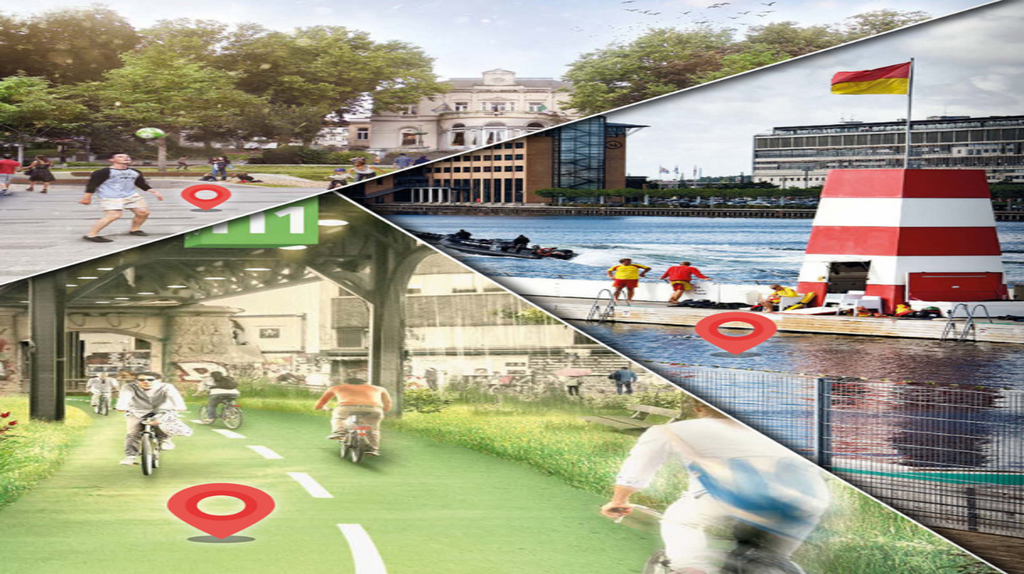
Develop liveable cities thanks to research
Short article with interviews on urban research in the magazine "Helmholtz Perspektiven" of the Helmholtz Association, summer 2017 (in German)
more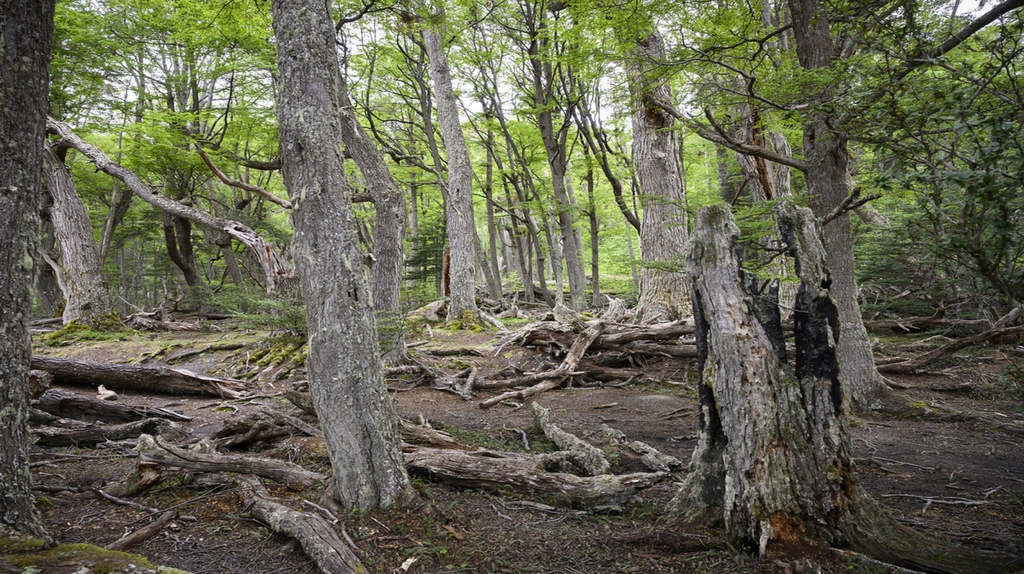
Listen to KIT urban researchers in KIT's research podcast (in German)
Episode 8: Lokal, global, nicht egal.
to the potcast (in German)
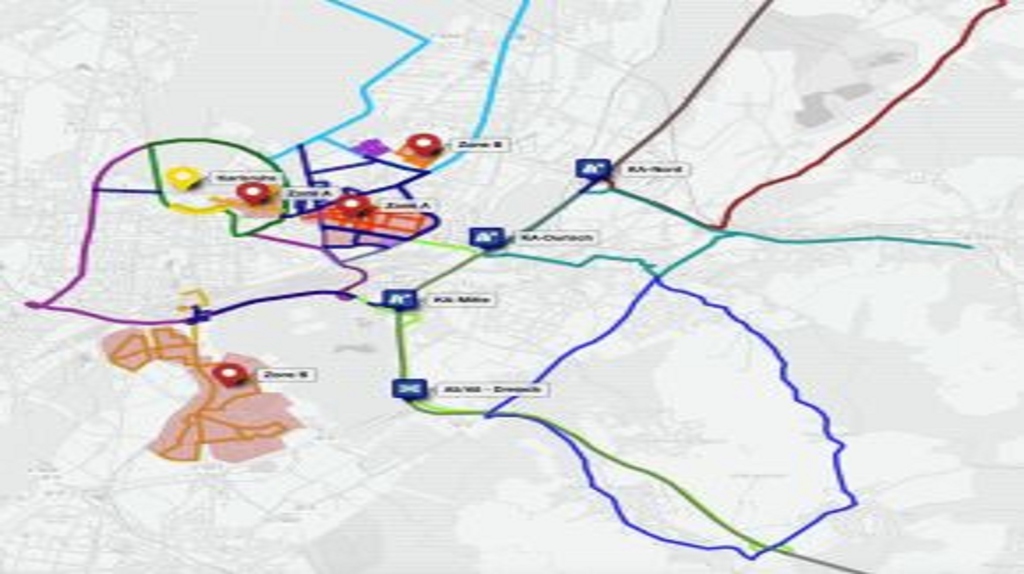
The test center for connected and automated driving will be set up in Karlsruhe involving the KIT.
more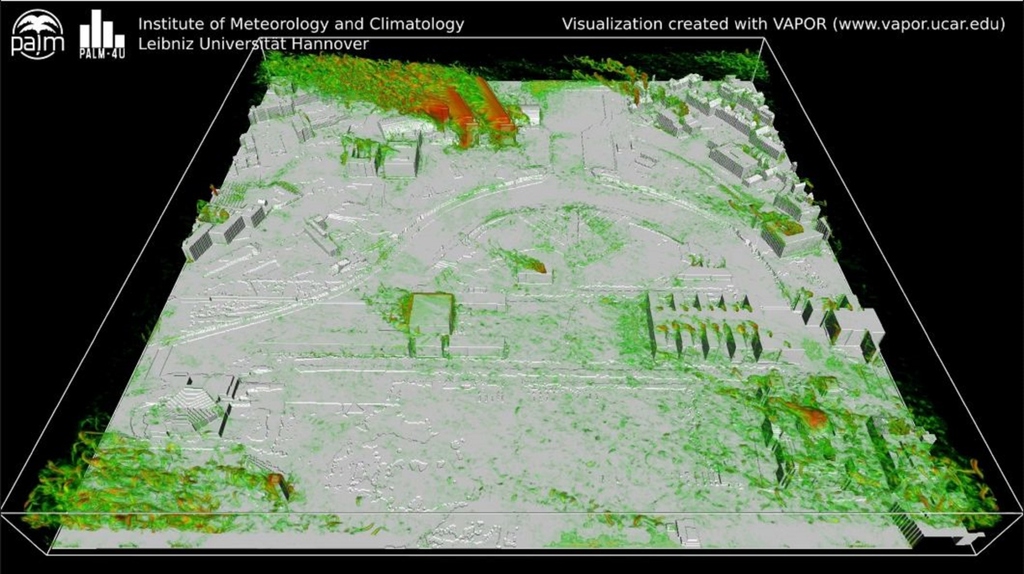
KIT participates in two modules of the BMBF programme that aims at the development, validation and application of an innovative urban climate model for entire cities.
more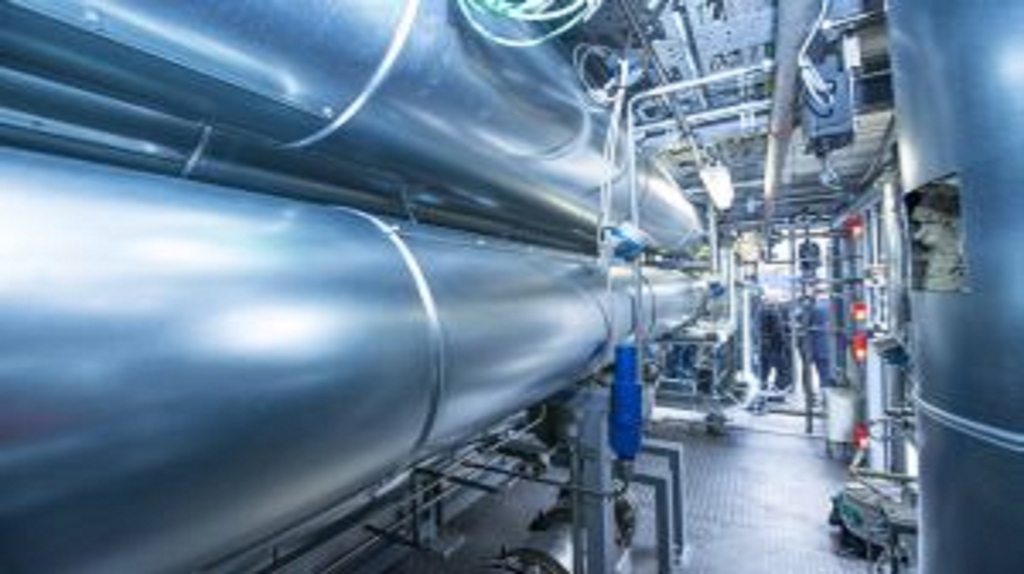
First Results of the “Karlsruhe Energy Research Partnership”.
more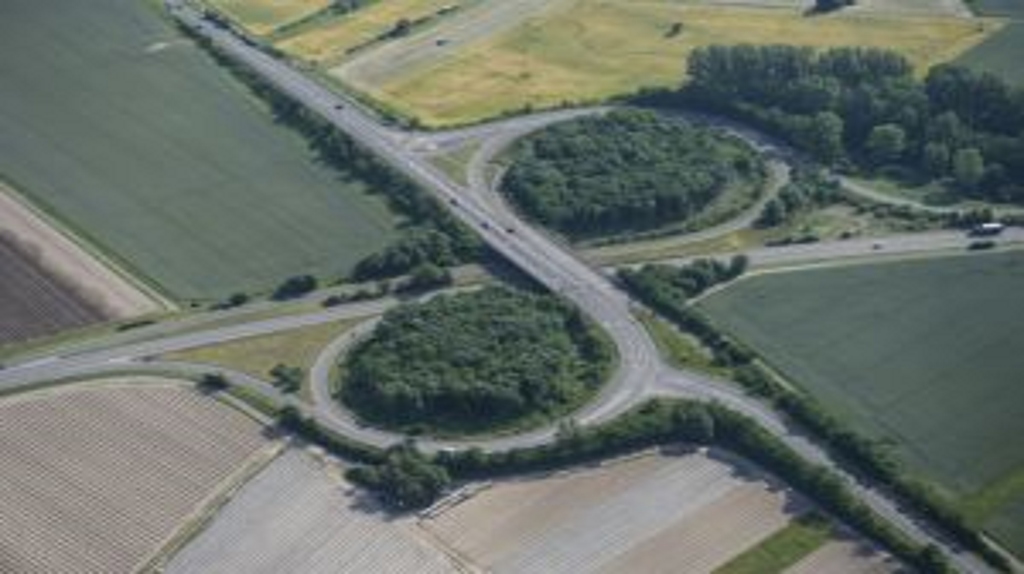
Helmholtz Association and KIT Start the Innovation Hub “Prevention in Construction”.
more
